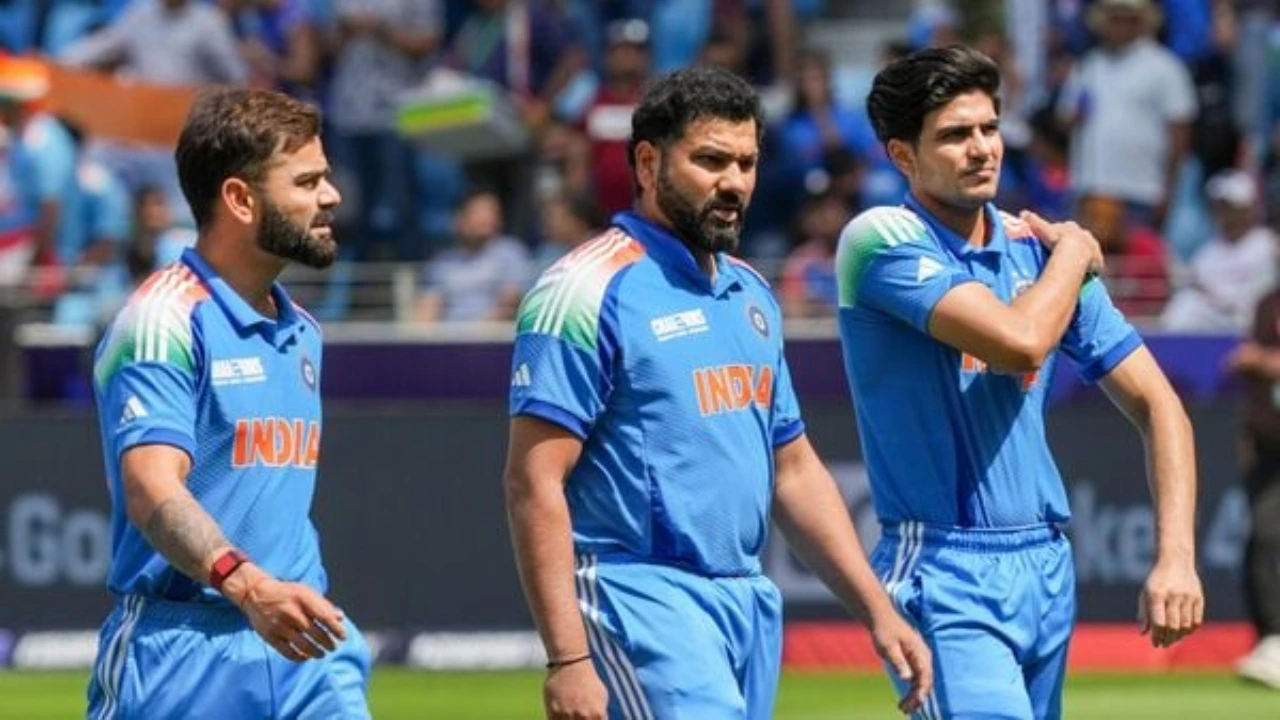BCCI punishes Indian batsmen led by Shubman Gill
Published - 17 Aug 2025, 11:02 AM | Updated - 17 Aug 2025, 11:38 PM

The Board of Control for Cricket in India (BCCI) has announced new rules, including deliberate short runs, "retired out" dismissals, and a "serious injury replacement substitute", for domestic cricket. As per the new rules, the opposing captain will decide which batter faces the next ball after a deliberate short run.
In T20 cricket, including the IPL, batters sometimes deliberately run short while trying to take two runs. The batter can stay on strike for the next over, even if it costs the team one run. However, this is against the rules.
According to the existing rules, the run is cancelled, the fielding team is awarded five penalty runs, and the batter may even have to face the match referee. The new rule makes these punishments stricter to stop the practice.
Fielding Captain Decides Batter After Deliberate Short Run
The BCCI has introduced the changes for the 2025 domestic season to prevent batters from gaining an unfair edge by deliberately running short. The fielding captain will determine which player takes strike on the next ball.
"A deliberate short run is an attempt for batters to appear to run more than one run, while at least one batter deliberately does not make good their ground at one end. Batters may choose to abort a run, provided the umpire believes that there was no intention by the batter concerned to deceive the umpires or to score the run in which they didn't make their ground," the new ruling says, as quoted by Cricbuzz.
Umpires to Act on Deliberate Short Runs in BCCI Tournaments
Under the updated BCCI playing conditions for domestic cricket, clause 18.5.2 states that if a deliberate short run occurs, the responsibility lies with the bowler’s end umpire to take action.
- Disallow all runs to the batting side
- Signal No ball or Wide to the scorers, if applicable
- Award 5 Penalty runs to the fielding side
- Request the captain of the fielding side to identify which of the two batters will take strike for the next delivery.
- Award any other 5-run Penalty that is applicable except for Penalty runs under clause 28.3 (Protective helmets belonging to the fielding side)
- Inform the scorers as to the number of runs to be recorded; and
- Inform the captain of the fielding side and, as soon as practicable, the captain of the batting side of the reason for this action.
- The umpires together may report the occurrence as soon as possible after the match to the BCCI Match Referee.
BCCI Updates Single-Ball Rule and Retired-Out Dismissals
The BCCI also made one major change regarding batters retiring mid-innings. Any player who leaves the field for reasons other than injury will be deemed “retired–out.” Earlier, a batter could not resume the innings even with the opposing captain’s approval.
The BCCI says "if a batter retires for any reason other than as in clause 25.4.2, he will be considered as dismissed immediately and will not have the option of returning to bat even with the consent of the opposite captain. His innings will be recorded as 'Retired - out'."
The board has also followed the ICC’s ball regulations in 50-over competitions. Each innings will start with two new balls, one from each end, up to the 34th over. After that, the fielding side must select one of the two to continue for the rest of the innings.
"Each fielding team shall have two new balls for its innings to be used in alternate overs, i.e. one from each end for overs 1 to 34. At the end of over 34, the fielding team will choose one of the two balls from the innings to be used for all the remaining overs of the innings. The other ball will be added to the stock of replacement balls for the innings" says the new rule.
Also read: USA clinch spot in 2026 ICC Men’s U19 World Cup after Americas Qualifier victory
Tagged:
Shubman Gill India National Cricket Team Duleep Trophy Vijay Hzare Trophy Ranji Trophy BCCI IPLAbout the Author

Sai Vaitla is an author at Cricketaddictor and he has been working since September 2022. Sai Vaitla... Read more












